”What do you want me to do,
dress in drag and do the hula?“
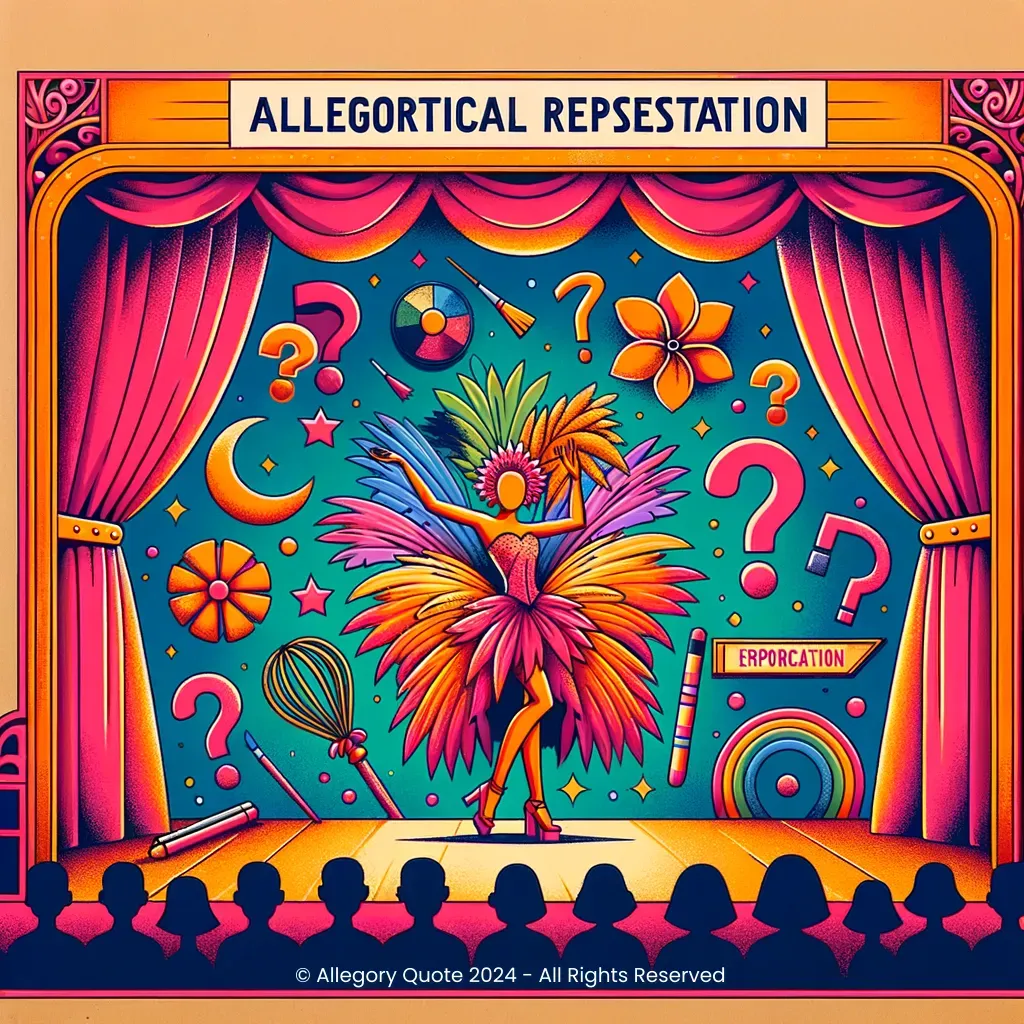
0
0
0
0
- Meaning
- The phrase conveys humor and the absurdity of being asked to conform to outrageous demands. It reflects on human resilience and willingness to tackle challenges while questioning the reasonableness of those challenges. In a more philosophical sense, it touches on themes of identity, self-expression, and the social expectations placed on individuals.
- Allegory
- The image elements feature a whimsical character in an expressive drag outfit, symbolizing the joy of self-expression and the playful absurdity of societal demands. The backdrop with theatrical curtains and audience silhouettes represents the performative aspect of life, while hula hoops and tropical decorations convey fun and celebration. The question marks subtly integrated into the design reflect the inherent questioning of societal expectations, resonating with the phrase's humorous tone.
- Applicability
- In personal life, the phrase serves as a humorous reminder to evaluate the demands made by others and establish personal boundaries. It encourages individuals to maintain authenticity and express themselves freely, even when faced with societal pressures or absurdity.
- Impact
- The phrase contributes to cultural dialogues surrounding gender expression and the embrace of camp in entertainment. It has inspired discussions on identity and societal expectations, often quoted in lighthearted contexts regarding personal freedom and self-expression.
- Historical Context
- The phrase's origin is not cited from a specific date, but it likely gained popularity during the late 20th century as drag culture surfaced more prominently in mainstream entertainment, particularly in the 1980s and 1990s with TV shows and films exploring LGBTQIA+ themes.
- Criticisms
- There may be criticisms related to the stereotype associated with drag and the potential trivialization of serious gender issues. Arguments against the phrase’s meaning may emphasize the importance of acknowledging the delicate balance between humor and sensitivity in addressing identity topics.
- Variations
- Variations of this phrase might exist in other cultures that also incorporate humor in reference to absurd situations. For instance, in some comedic traditions, characters question the unreasonable requests from others, although phrased differently depending on cultural nuances.
-
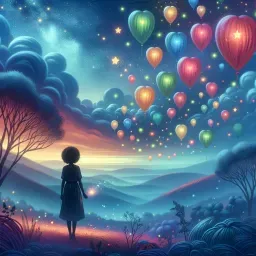
A dream is a wish your heart makes.
-
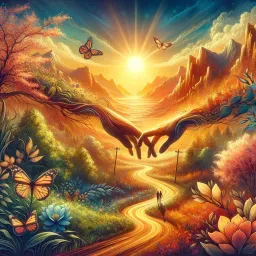
You are my greatest adventure.
-
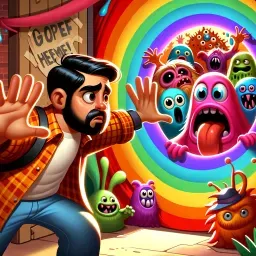
Put that thing back where it came from or so help me!
-
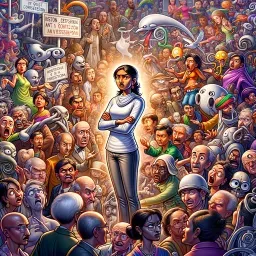
I’m surrounded by idiots.
-
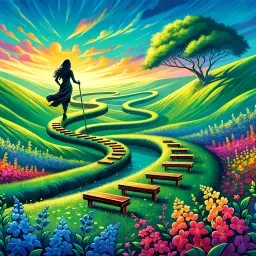
Keep moving forward.
-
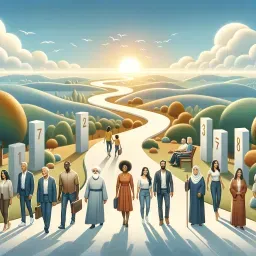
The journey begins, and the voyage is already complete.
-
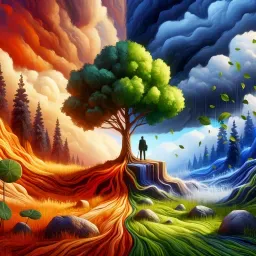
I’m bad, and that’s good. I will never be good, and that’s not bad.
-
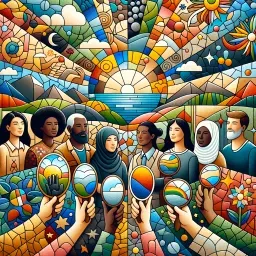
I’m not crazy, my reality is just different than yours.
-
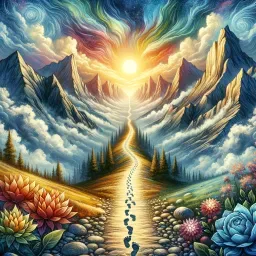
You gotta put your behind in your past.
-
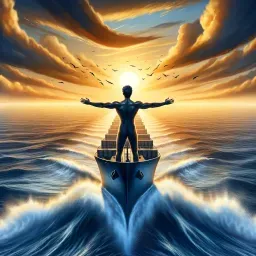
I'm the king of the world!
No Comments